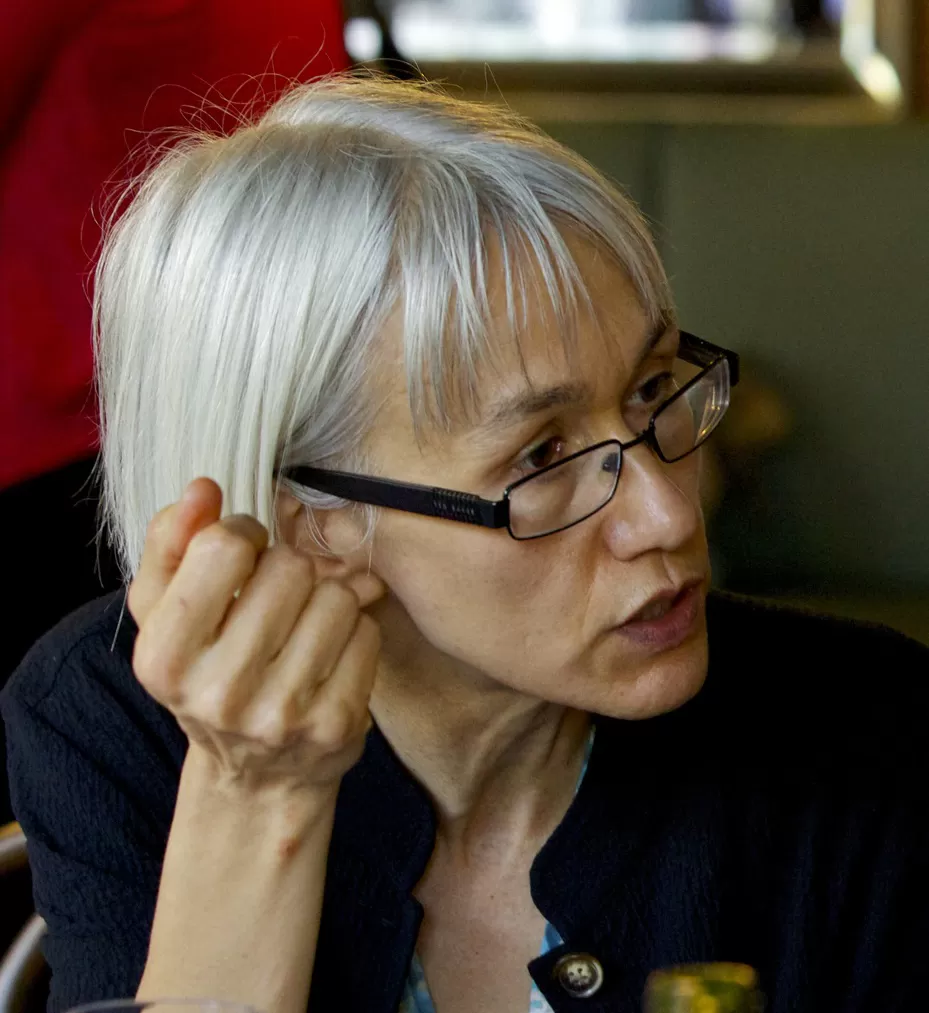Trained in planning and architecture, Ann Forsyth is a professor of urban planning at the Harvard Graduate School of Design. From 2007-2012 she was a professor of city and regional planning at Cornell. She taught previously at at the University of Minnesota, directing the Metropolitan Design Center (2002-2007), Harvard (1999-2002), and the University of Massachusetts (1993-1999) where she was co-director of a small community design center, the Urban Places Project. She has held short-term positions at Columbia, Macquarie, and Sydney Universities. Ann Forsyth’s work focuses on the social aspects of physical planning and urban development. The big question behind her research and practice is how to make cities more sustainable and healthy. Forsyth’s contributions have been to analyze the success of planned alternatives to sprawl, particularly exploring the tensions between social and ecological values in urban design. Several issues prove to be the most difficult to deal with in planning better places and provide a focus for some of her more detailed investigations: suburban design more generally (sense of place, overall layout) and other aspects of healthy places (walkability, social diversity, housing, green space, food). Forsyth received her B.Sc. in Architecture from the University of Sydney, an M.A. in Urban Planning from UCLA, and a Ph.D. in City and Regional Planning from Cornell.
Producing Learning vs. Receiving Instruction: Tips on How to be a Terrific Student
<p class="MsoNormal">As education has become more expensive students wonder about what they are getting for their money. Evaluations of faculty, rankings of programs, and internet chat-room gossip all aim to find how to purchase the best value for money given a specific set of preferences. However, it is a misunderstanding to see students as primarily consumers of instruction. Rather the best students collaborate with faculty and other students to produce their own learning. </p> <p class="MsoNormal">What does this mean? In planning, as an applied profession, the activity of producing learning has a number of components. The following represent just a few of these mechanisms.</p>
So You Want to Change the World, Part 2: Finding the Right Planning Program
<p class="MsoNormal"> Many students choose planning over business school because they want to serve the public and change the world. However, saving the world is a complicated task. What kind of school will prepare you? As in many parts of life there isn’t a simple answer but a few key points can help frame your search. And remember, you don’t need to answer all these questions before you apply—get a good enough list and then investigate them some more once you have real offers. </p>
Graduate School 2008: Nuts and Bolts of Applying
<p class="MsoNormal"> With the summer coming to a close new students are making their way to graduate planning programs. For those thinking about applying for 2008 it is time to start preparing. The deadlines can be as early as December, now only a few months away. These tips, based on my experiences on several admissions committees, can help you make sense of the application process. </p> <p class="MsoNormal"> <strong>What Admissions Committees Look For</strong> </p> <p class="MsoNormal"> Planning schools consider up to six different elements in admissions to masters programs: letters of intent, experience in activities related to planning (paid and volunteer work, internships, and activism), letters of reference, previous grades, GREs, and work samples. </p>
Truly Great Teachers: Remembering Peter Marris
<p class="MsoNormal">As an educator who also enjoys practice, I periodically weigh up where my efforts are best spent. Is it making a difference via educating students in the classroom, and through my research and writing, as they use this knowledge in their work in the distant future? Or can I make a difference more directly though practice now? It is hard to know which path is best and the path of teaching is a riskier choice. Truly exceptional teachers and scholars, however, can make an enormous impact.</p>
So You Want to Change the World, Part 1: Networking for Students (and Others)
<p class="MsoNormal">Some people choose to work in planning because they see it as a relatively interesting and stable job. Others have dreams of being the equivalent of an all-powerful SimCity-style mayor. However, many choose planning as a career because they want to make a difference in the world. They want to do good and to help those who are the least advantaged. They are attracted by the potential, if limited, for planning to foster environmental justice and social equity.</p>

























